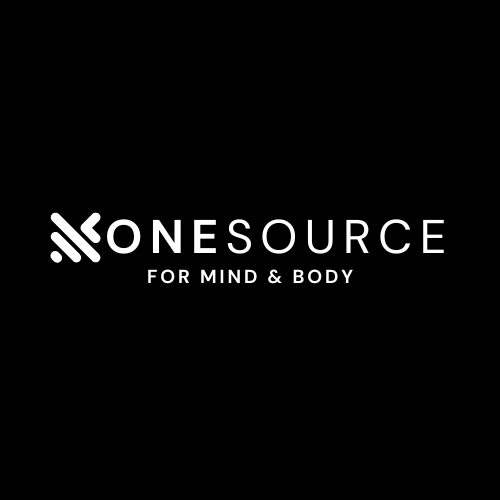Sowing Doubt In Health
This article, Colon Cancer is Rising in Young Americans. It’s not Clear Why, caught my attention because of the last line, “Its not clear why.” This is same line that exists in one form or another in every article written about the declining health of our population and increased prevalence of disease.
There’s this line from a different Washington Post article about the exponential rise of fatty liver disease in children, “Speculation about what was causing the rise and diversity of cases was wide-ranging. Maybe it had something to do with the average ambient room temperature.”
Or this one from an article from the AP News, “Obesity is not a lifestyle problem. It is not a lifestyle disease. It predominately emerges from biological factors.”
Despite all three articles pointing directly to the abundance and accessibility of sugar and ultra-processed foods in our diet, and living a more sedentary life as the cause, with just one line or quote from an “expert,” they all make a point of sowing doubt to that theory. It’s just enough to make us believe that we can’t help ourselves. That we need to turn to the “specialists.” And it keeps us consumers of the drugs and surgeries they’re selling.
I’m halfway through reading Merchants of Doubt. A book dedicated to exposing the very real industry tactic that exists around sowing doubt in society. It’s a technique that was first developed by big tobacco to undermine the very clear link researchers discovered in the 1950s - 1960s between cigarettes and its link to cancer.
Since then it’s a technique that’s been used across many industries. And it’s very evident to me, that it’s been adopted by the healthcare industry in recent times. The money is made on the manufacturing and selling of treatments, and medications, and performing surgeries. It doesn’t benefit the healthcare industry to prevent disease. That’s why the term “sick care” has come to replace healthcare in recent years. The medical industrial complex is doing whatever it can to keep us reliant on their “care.”
